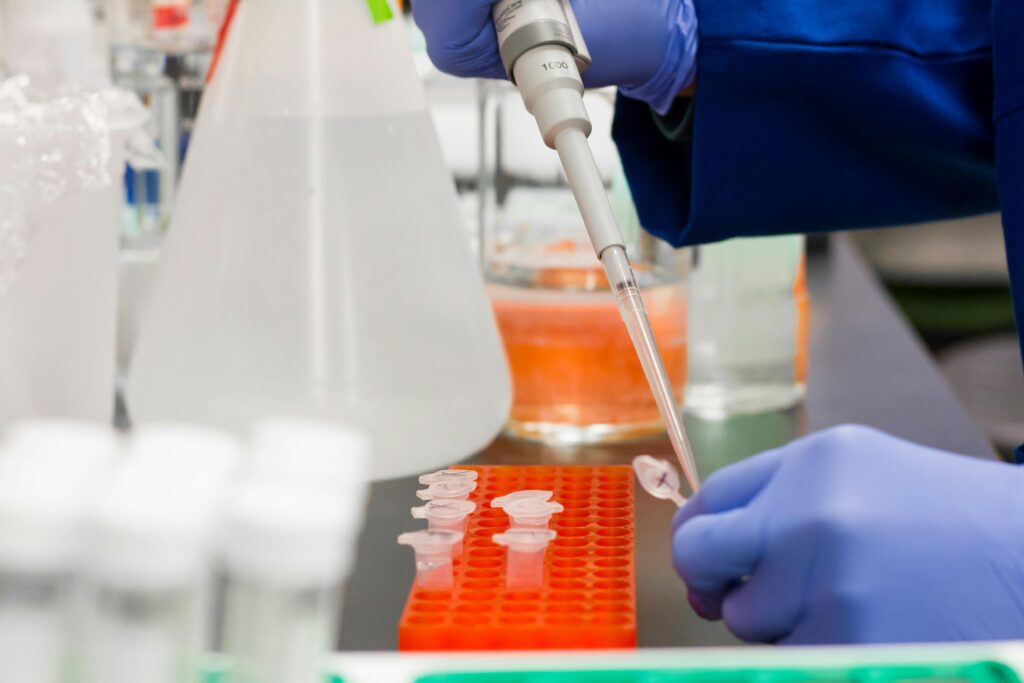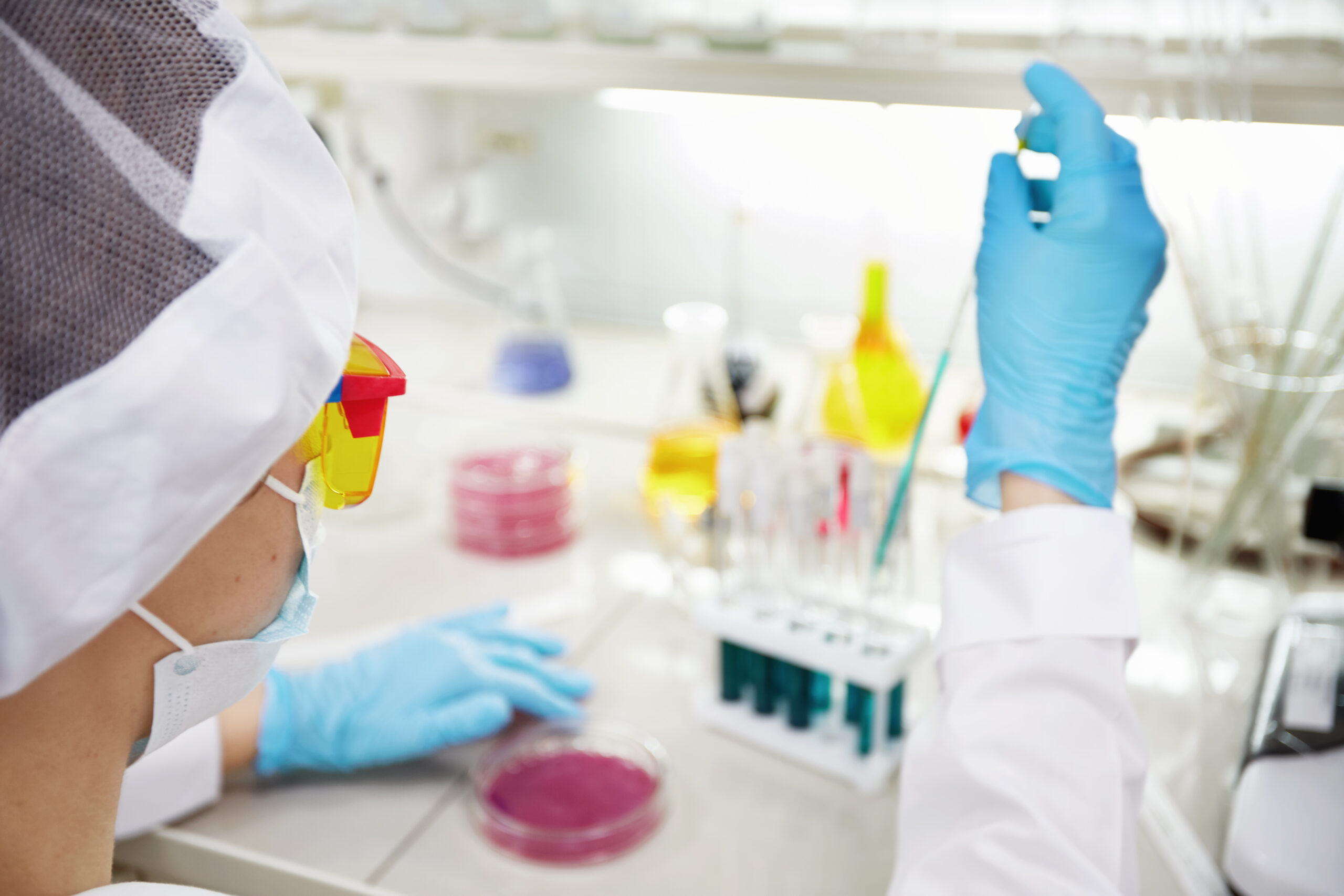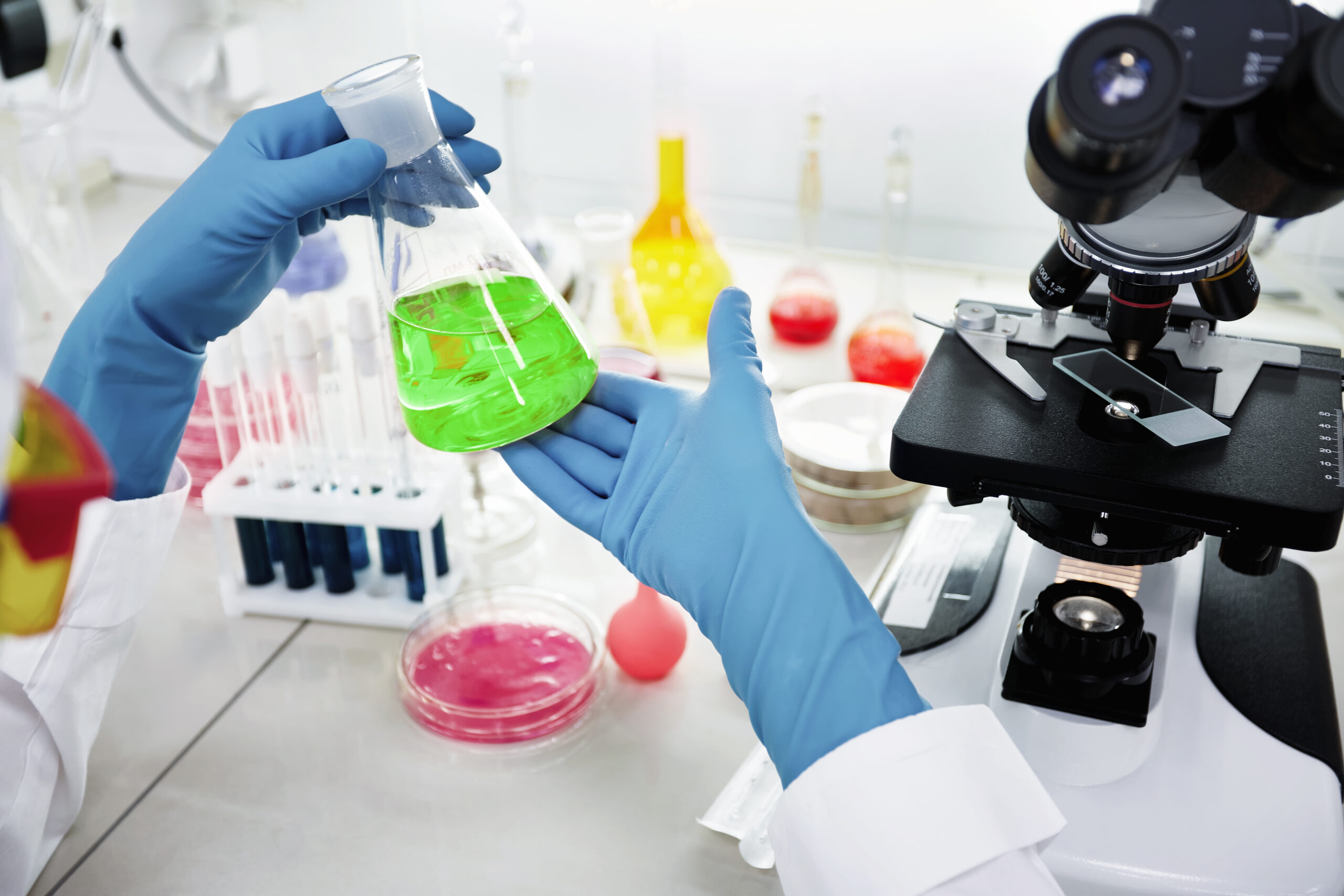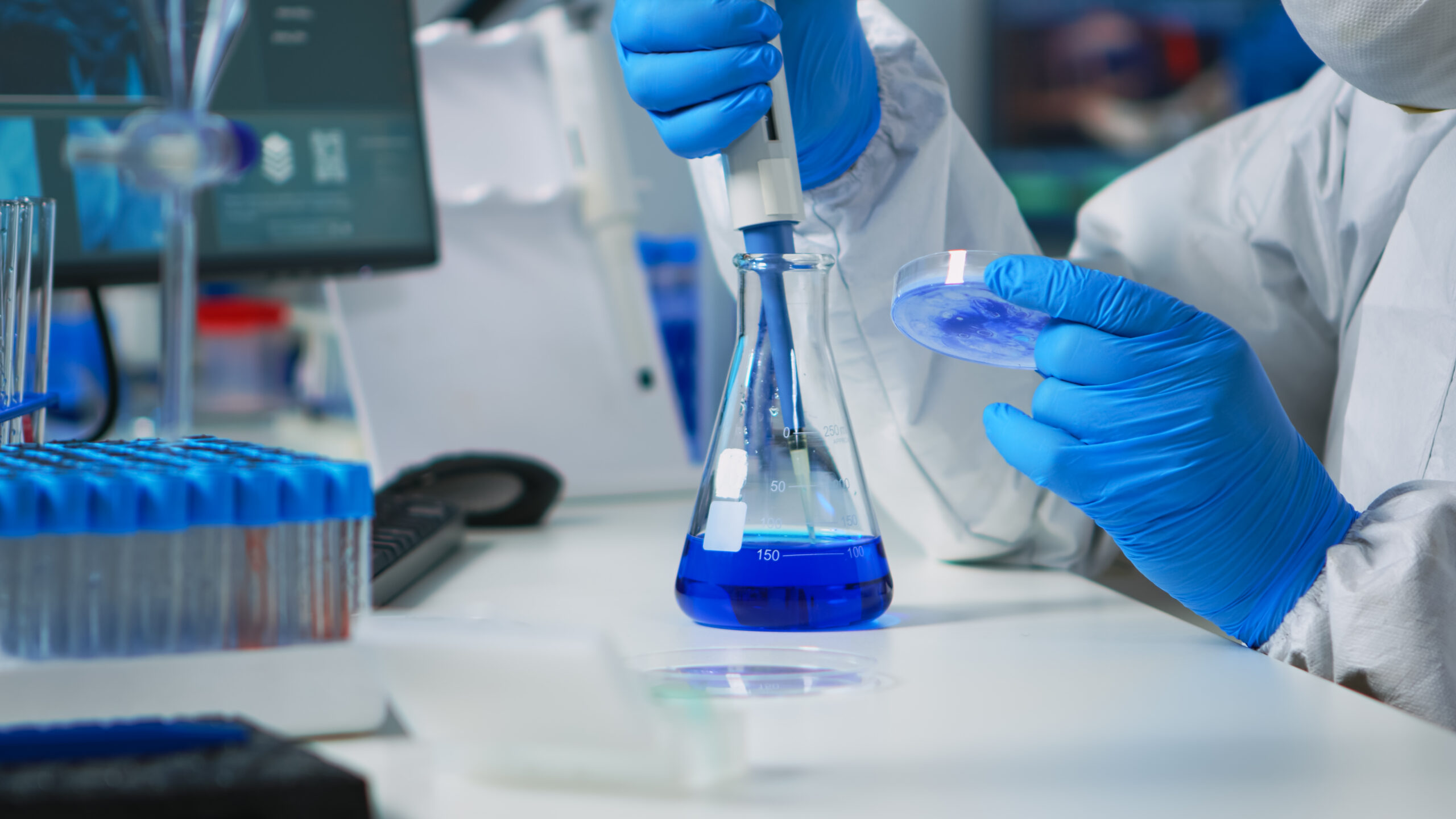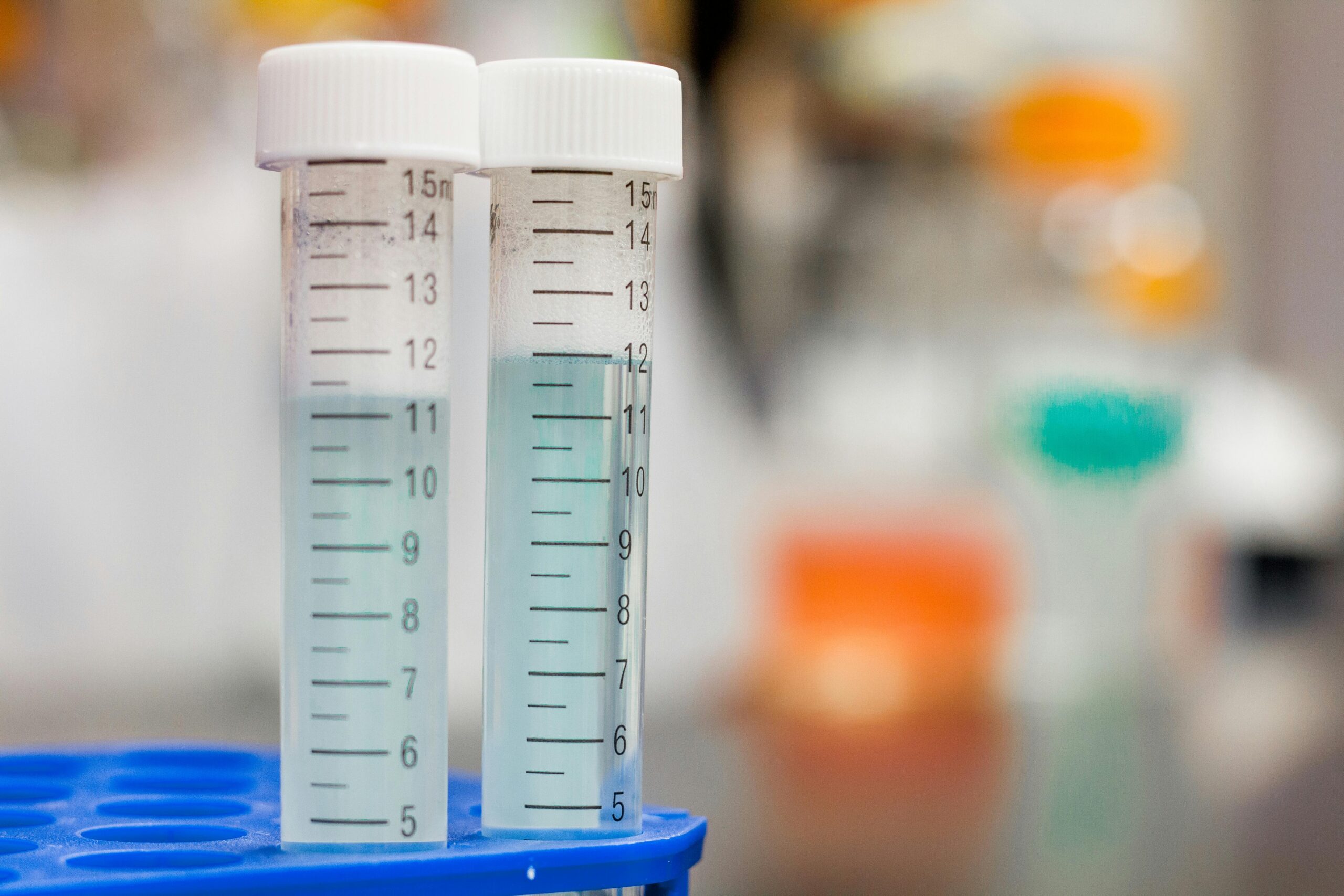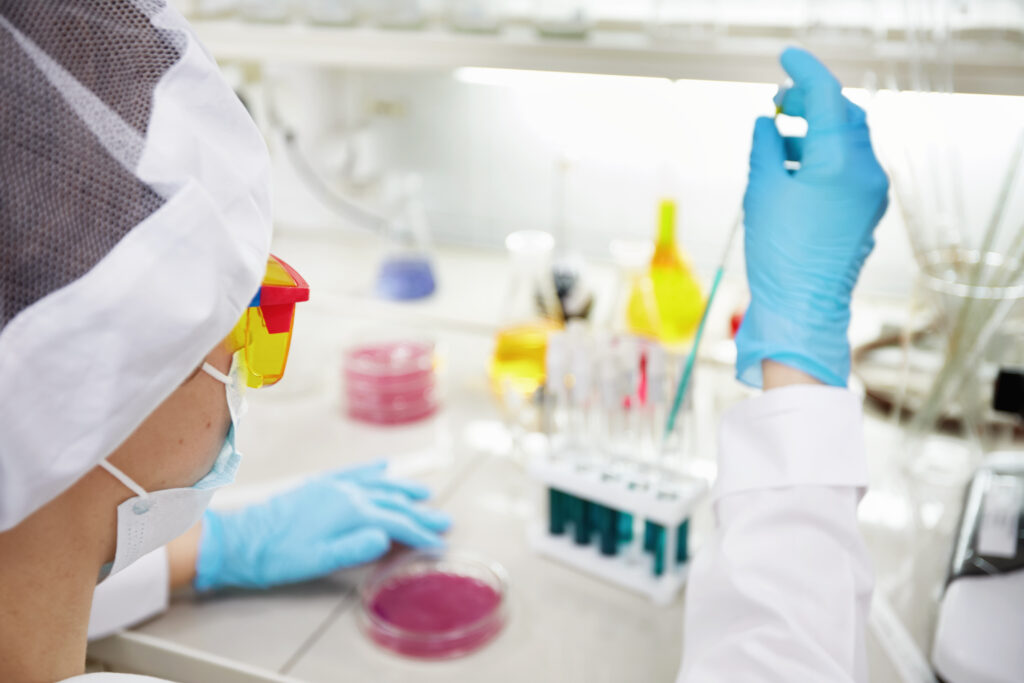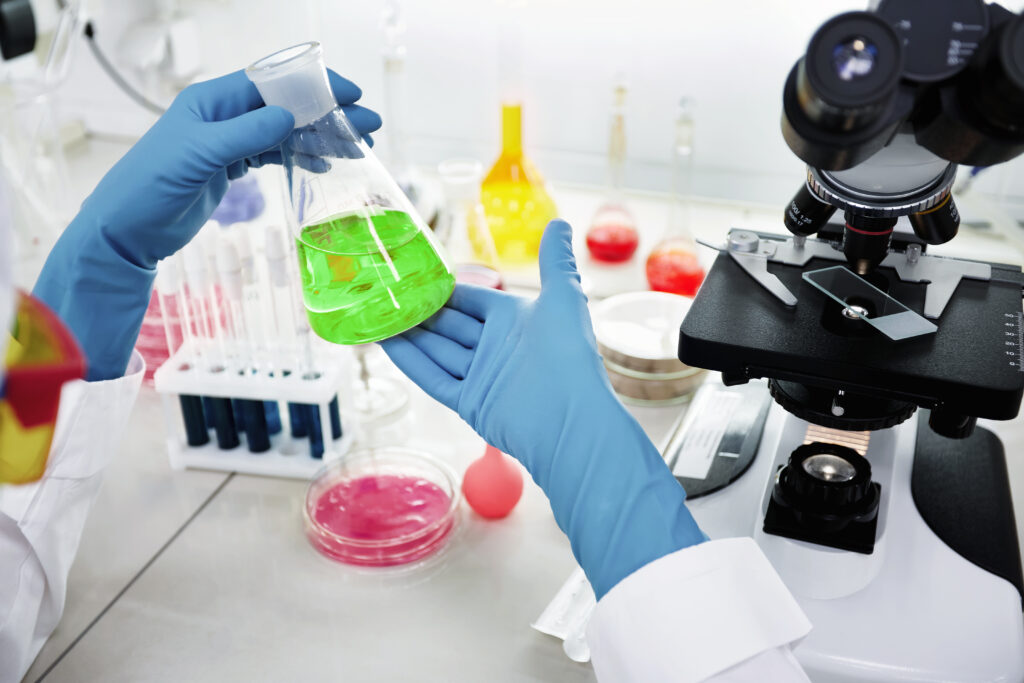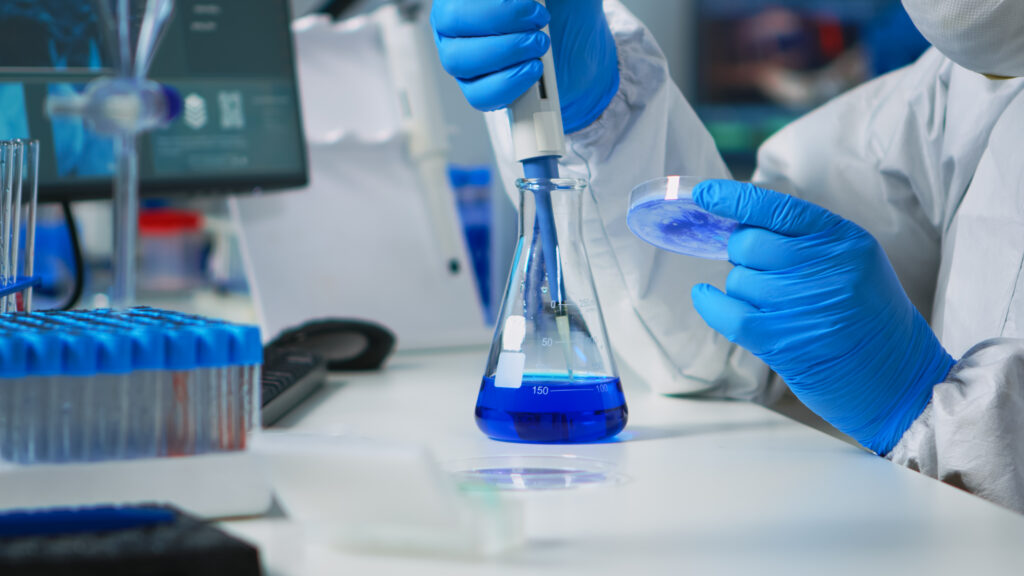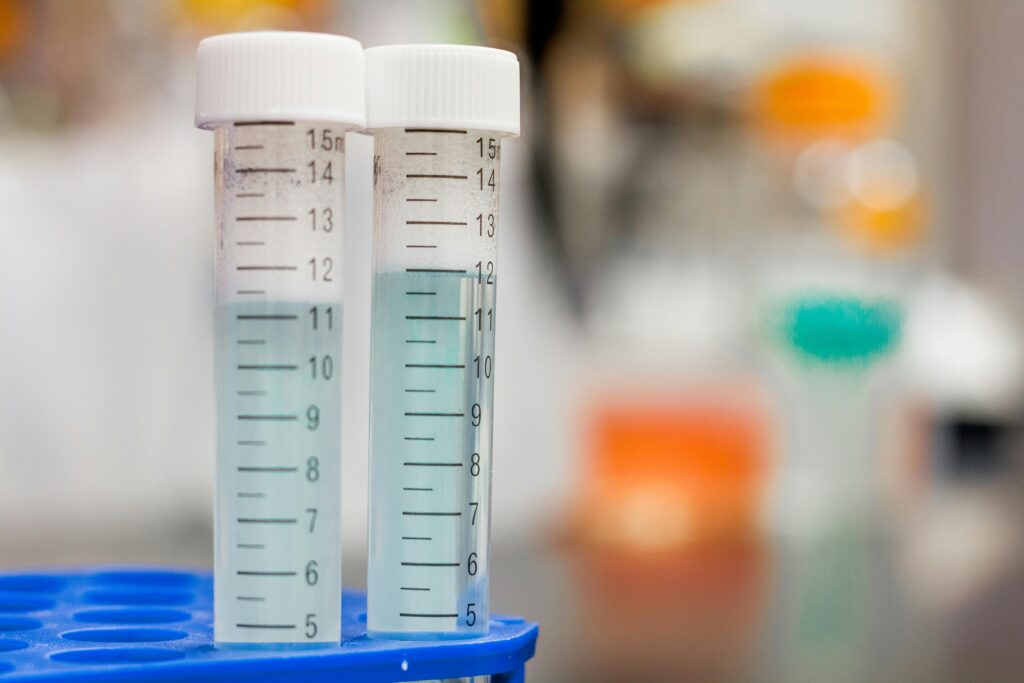Organic food production has gained major traction in a world where people are becoming more and more concerned of environmental and health problems. Food options that are not only nutrient-dense but also devoid of artificial herbicides, pesticides, and genetically modified organisms (GMOs) are actively sought after by consumers. Strict quality control methods used throughout the entire organic food manufacturing process are the foundation of this movement. We dissect the layers of procedures and guidelines that guarantee the integrity of organic products as we dig into the complex field of quality assurance in the manufacture of organic food testing.
I. Understanding the Essence of Organic Agriculture:
Understanding the basic tenets of organic agriculture is essential before diving into quality assurance in organic food production. Organic farming, as opposed to conventional farming, is based on sustainable methods that support biodiversity, healthy soil, and a reduction in the use of artificial inputs. Organic crop farming places a strong emphasis on ecological balance, natural processes, and the welfare of both the environment and the consumer.
A. Sustainable Practices and Environmental Harmony:
Sustainability is given top priority in organic farming, with an emphasis on methods that preserve ecological balance. In order to preserve the environment, farmers intentionally encourage pollination by nature, conserve biodiversity, and stay away from artificial pesticides. This strategy benefits the ecology as a whole in addition to nurturing the land.
B. Consumer Health Benefits:
Produce that is organic has advantages that go beyond sustainability for the environment. Because organic farmers use natural substitutes over synthetic chemicals, consumers who purchase organic products are frequently exposed to lower levels of pesticide residues. Furthermore, research indicates that eating organic food may result in a more nutrient-dense and healthful diet because it may include a higher nutrient content.
II. The Core Pillars of Quality Assurance in Organic Food Production:
A. Soil Health and Organic Certification:
Microbial Diversity and Soil Fertility:
Organic farming relies heavily on maintaining the health of the soil. The fertility of the soil is enhanced by the focus on microbial diversity. The guidelines for organic certification emphasize the value of a healthy soil ecosystem and encourage methods that improve microbial activity and nutrient availability.
Composting and Nutrient Cycling:
Organic farming relies heavily on maintaining the health of the soil. The fertility of the soil is enhanced by the focus on microbial diversity. The guidelines for organic certification emphasize the value of a healthy soil ecosystem and encourage methods that improve microbial activity and nutrient availability.
B. Seed Selection and Crop Management:
Non-GMO Commitment:
A dedication to non-genetically modified organisms (GMOs) is necessary to maintain the integrity of organic agriculture. In order to guarantee that the seeds they sow and the crops they harvest meet stringent organic criteria, organic farmers must overcome the difficulties associated with avoiding cross-contamination.
Crop Rotation and Biodiversity:
One important tactic organic farmers use to reduce soil-borne illness and improve soil fertility is crop rotation. Crop diversity in organic systems lowers the danger of pests and diseases and promotes a sustainable and balanced agricultural landscape by strengthening ecosystem resilience.
C. Pest and Disease Management:
Integrated Pest Management (IPM):
Integrated Pest Management (IPM) techniques are used by organic farmers as an alternative to industrial pesticides. To keep a healthy balance between crops and potential hazards, this technique uses companion planting, natural predators, and biopesticides.
Challenges in Disease Prevention:
Even while using organic methods greatly lowers the danger of illness, problems nevertheless exist. To improve disease resistance and create efficient organic disease management plans, organic farmers constantly experiment with new ideas and do continuing research.
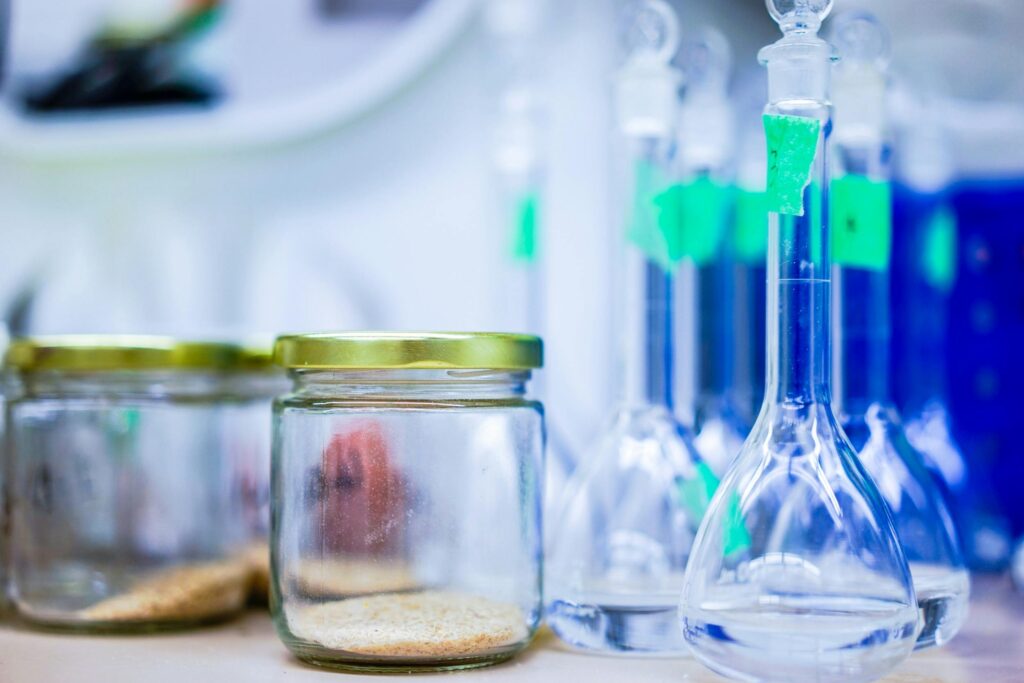
III. The Role of Third-Party Certification in Organic Quality Assurance in Organic Food Production:
A. Certification Bodies and Standards:
The organic sector relies heavily on third-party certification, which gives customers assurance about the genuineness of organic goods. Organic farmers are required to comply with strict requirements set by major certifying agencies like USDA Organic and EU Organic. This ensures transparency and responsibility in the organic supply chain.
B. Inspection and Auditing Processes:
Enforcing stringent inspection and auditing procedures is necessary to maintain organic certification. Regular assessments are conducted on organic farms to ensure adherence to organic standards. Surprising examinations additionally guarantee that farmers continuously follow the guidelines for organic farming, encouraging a culture of accountability and ongoing improvement.
C. Controversies and Continuous Improvement:
The hydroponic and aquaponic systems as well as the suitability of the existing certification requirements are only two of the contentious issues that the organic business has to deal with. Within the organic community, these debates serve as a catalyst for ongoing discussions that result in a dedication to constant development and the evolution of organic certification to address new issues.
IV. Adapting to Change: Quality Assurance Strategies in a Dynamic Industry:
A. Emerging Technologies in Organic Agriculture:
Blockchain and Transparency:
In the current era of increased consumer consciousness, technology is essential to improving supply chain transparency for organic products. For example, blockchain technology gives customers unmatched insight into the production process by allowing them to track the path taken by organic products from farm to table.
IoT and Precision Agriculture:
Precision agriculture has been transformed by the Internet of Things (IoT), which provides organic farmers with tools for efficient resource usage and real-time crop health monitoring. Organic farming is made more efficient and sustainable when farmers are able to make well-informed decisions thanks to sensors, data analytics, and other Internet of Things technologies.
B. Climate Change Resilience:
Impact of Climate Change on Organic Farming:
Organic farmers face particular difficulties as a result of climate change, such as modified growing seasons, more pest pressure, and erratic weather patterns. In order to become resilient in the face of a changing climate, organic farmers must adjust to these changes by putting creative solutions like agroforestry and water conservation into practice.
Innovation in Sustainable Practices:
Innovative sustainable approaches that are becoming more popular in the organic farming world are regenerative agriculture and agroecology. These methods concentrate on improving and repairing ecosystems, encouraging healthy soil, and lessening the negative effects of food production on the environment.
C. Consumer Education and Advocacy:
A key factor in growing demand for premium organic products is education, as customers grow more aware of the impact of their food choices. Labels, certifications, and consumer advocacy groups provide people the information they need to make decisions, which in turn encourages people to support ethical and sustainable farming practices.
Conclusion:
To sum up, quality assurance in organic food production goes beyond a simple set of guidelines; rather, it symbolizes a dedication to an all-encompassing and sustainable approach to farming. From promoting soil health to introducing cutting-edge technologies, the organic sector is always changing to suit the demands of a changing global environment. As customers grow more mindful of the foods they eat, quality assurance in the manufacturing of organic food becomes more than just a procedure; it is a commitment to provide pure, wholesome, and ecologically friendly products..

